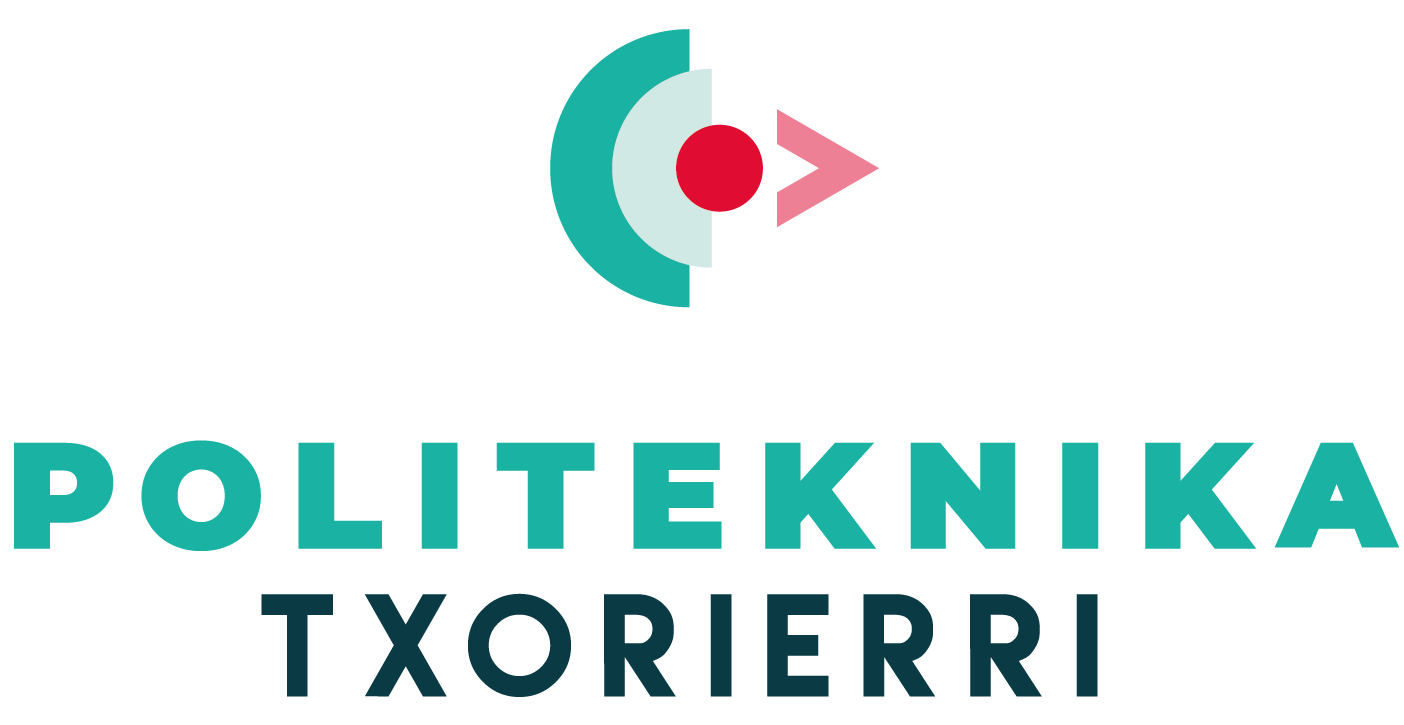The world is in transformation: in 2025, the rate of automation of the workforce will be 47%, according to the report The Future of Jobs 2020 (The Future of Jobs 2020) of the World Economic Forum (WEF, in its acronym in English). Industry 4.0 is no longer a concept of the future to be more and more present in factories. The industrial automation process continues to grow and with it has emerged a new job market that will increasingly require new specialized professionals.
Meeting this demand, according to Universal Robots, a world leader in the manufacture of collaborative robots, involves offering quality training in robotics and automation adapted to new challenges in the classroom. This was explained by the company last Thursday, January 28th, in an online conference entitled Robotics, a tool to innovate in education , which can be seen again on demand by requesting information on the same website. “Training is the key in the introduction of new technologies so that there is a better application in the industry,” said Jordi Pelegrí, General Director of Universal Robots in Spain and Portugal, and moderator in this online conference.
It is not enough to have the technology. “Universal robots has to be a product that makes automation possible for any type of company, and for it to be possible, the academic part is one of the key points, ” argued Ignacio Moreno, Sales Development Manager.
And nobody better than the centers that have already incorporated this technology, to explain its advantages first-hand. This is the reason why Xabier Ugarte, teacher of Electronics at Politeknika Ikastegia Txorierri, was invited to the conference. Txorierri, thanks to their participation in the Erasmus+ Innovation project called INCOBOTICS, has been able to develop and be up-to-date in this training methodology. During the conference Xabi had the opportunity to share his experience in introducing robotics in the classroom via real challenges solved through the use of collaborative robots and artificial vision cameras. According to Xabi, the implementation of the training material developed by the #INCOBOTICS project is helping Politeknika Txorierri to achieve something he believes to be paramount: “to create workers of the future for the company of the future”. During the conference Xabi also stressed that thanks to the fact we have adapted our training offer in automation and robotics to the challenges of Industry 4.0, we have managed to get the collaborating companies we work with interested in the training we offer.

